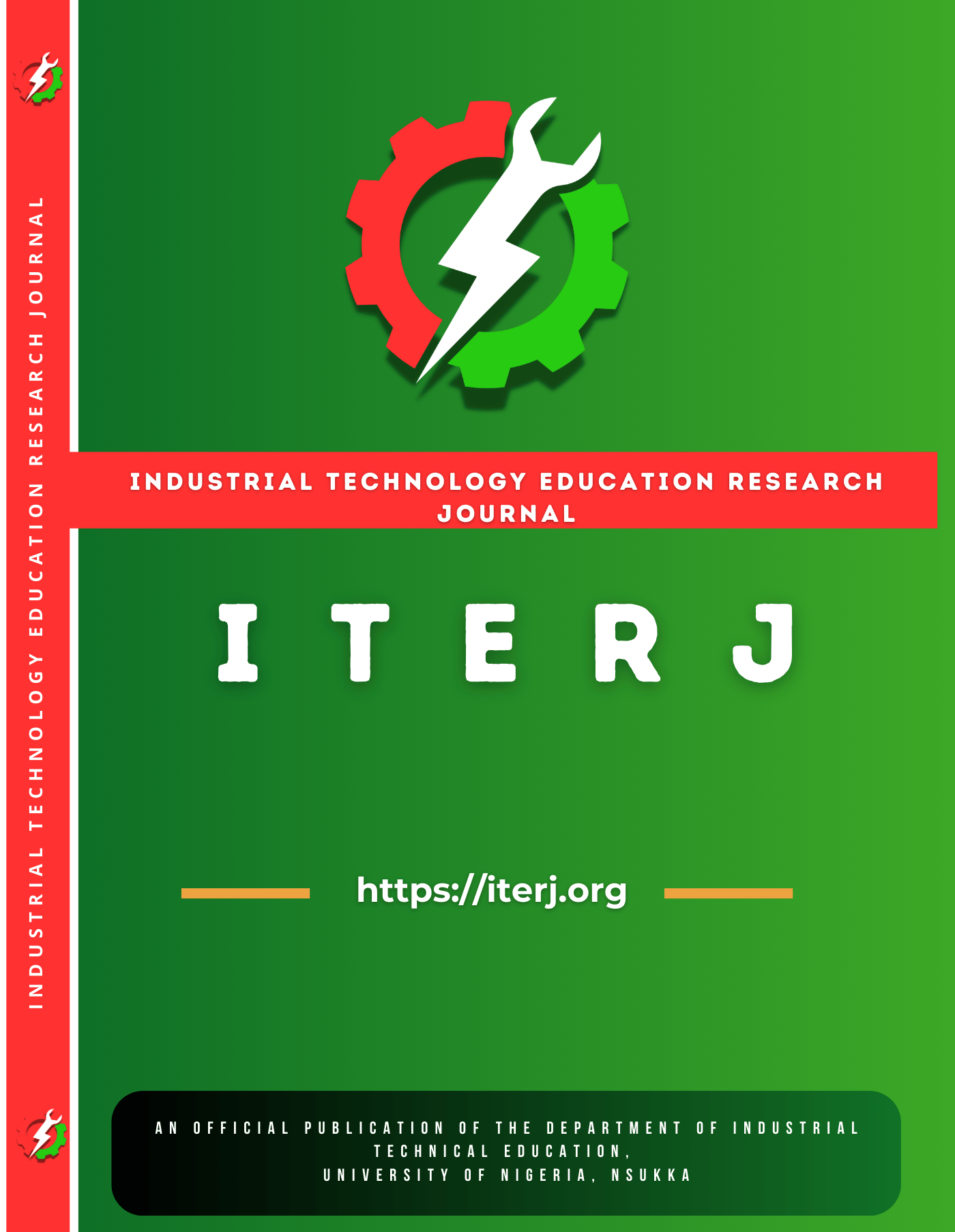Sustainable Practices in Informal Apprenticeship Skill Training: Navigating GlobalEconomic Challenges in Nigeria's Motor Vehicle Mechanic Industry
Keywords:
Sustainable Practices, Informal Apprenticeship, Skill Training, Motor Vehicle Mechanic, Economic ChallengesAbstract
This research investigates the sustainability of informal apprenticeship skill training programs in Nigeria's motor vehicle mechanic industry, examining the impact of economic challenges like fuel price volatility and currency depreciation. Using a mixed-methods approach comprising both quantitative and qualitative analysis, the study aims to understand how economic fluctuations affect sustainable practices in mechanic workshops. The research was conducted in urban and semi-urban areas of Nsukka and Enugu, targeting the motor vehicle mechanic workshops, including master-craftsmen, workshop owners, apprentices, and relevant motor vehicle industry representatives. Qualitative data was collected through interviews and focus groups, while a quantitative survey sampled 293 respondents. The findings reveal a varied landscape of sustainability integration, with economic factors playing a pivotal role. While some workshops incorporate sustainability aspects, the lack of standardized curricula and reliance on observational learning are prominent. Economic fluctuations present a dual challenge, impacting both short-term cost-saving measures and long-term sustainability goals. However, the study also uncovers promising sustainable practices, such as waste oil recycling and energy-efficient equipment usage. The research highlights skill gaps among apprentices, emphasizing the need for targeted training modules. The conclusions advocate for standardized sustainability curricula, integration of sustainable practices, and policy interventions to support environmental protection and resilience within the industry. Key insights include the importance of enhancing sustainability education, responding to economic dynamics with sustainable solutions, and fostering collaboration between stakeholders. The study underscores the complex interplay between economic pressures and the adoption of sustainable practices in the informal automotive repair sector, providing recommendations to improve the long-term viability and environmental impact of this critical industry in Nigeria.








